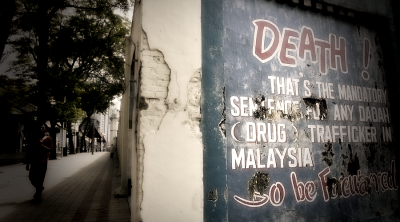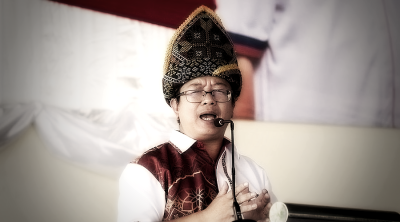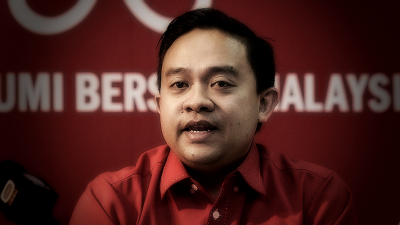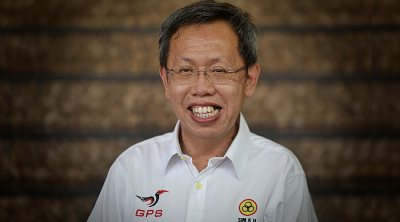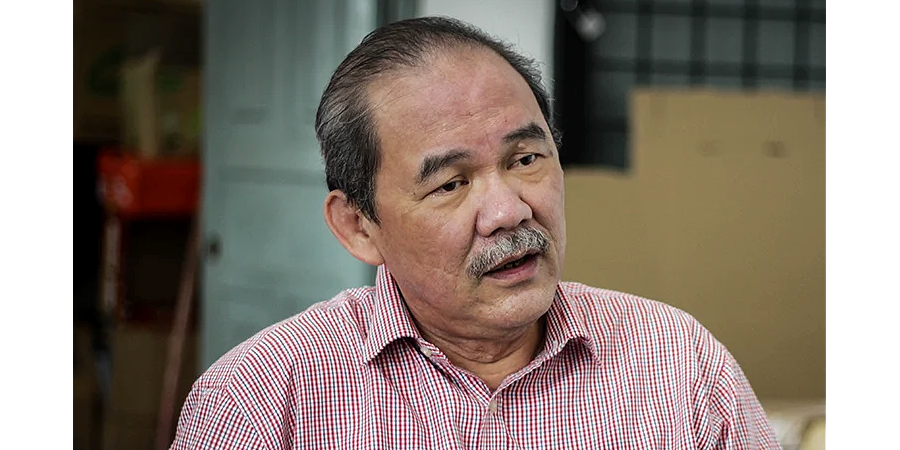
Not too long ago, there was a news story about some leaders in a political party discussing the necessity of replacing their long-time president who was in poor health.
This is a very normal process, if you ask me.
When someone is seriously ill, then he or she should willingly step down and allow others to take over. That is the right thing to do.
In case we forget, no one is indispensable and, certainly not in politics. There are many waiting in line to step up.
If something were to happen to Prime Minister Anwar Ibrahim today, I believe there are more than a dozen ambitious politicians who feel they are capable of becoming the new prime minister.
Most will not hesitate to jostle and fight tooth and nail with party colleagues, or even family members, for the coveted post.
Why? Because many politicians are driven by the idea of being remembered in history, as reformers and nation-builders. And ultimately, as a statesman.
Becoming prime minister offers the platform to cement that legacy.
Back to the story of the party with a president in poor health. I do find it quite ludicrous when there was another camp from within who insisted that the party president must stay on.
The problem is that party loyalty and the fear of losing power often leads to enabling behavior, where groups support aging or ailing politicians past their prime to maintain control.
Surely, anyone with some sense would not force a very sick man to go on leading an organization, knowing full well that he would not be able to function effectively.
Let us take a look at two such cases in my homeland of Sarawak.
The cases of Abdul Taib Mahmud and Adenan Satem highlight how health and age can influence political continuity and leadership transitions.
While Taib’s exit as Sarawak chief minister in 2014 was seen as overdue by some, Adenan’s was tragically premature.
Both cases underscore the importance of succession planning, institutional resilience, and the human fragility that even the highest office holders are not immune to.
Taib’s tenure as Sarawak Governor did not end on a happy note.
When it became clear that he could no longer function due to worsening health, the government had to cut short his term and appoint a replacement in early 2024.
In Adenan’s case, he knew he did not have much time left.
When the chief minister called for the Sarawak election in 2016, he graciously asked for just five more years to serve as CM.
Adenan didn’t have five more years. He died on 11 January 2017, just eight months and four days after the election which was held on 7 May, 2016.
Here we are. In politics, we should know when to call it a day, especially when we are stricken with ill health.
This issue raises important questions about leadership, responsibility and democratic accountability.
Political leadership, particularly at higher levels, requires sustained mental sharpness, stamina and judgment.
Health issues, especially those that impair cognition, can raise legitimate concerns about a leader’s ability to govern.
Fortunately, there are some institutional safeguards in place.
Some systems have built-in term limits, mandatory retirement ages, or mechanisms for removal if a leader becomes incapacitated. Taib’s removal as governor of Sarawak is an example.
Where such measures are absent, the responsibility falls more heavily on the individual or their party to act prudently.
This is something which all party leaders must bear in mind and act when it is necessary to do so, as the party or organization is more important than any individual.
When politicians cling to office despite obvious signs of poor health or ineffectiveness, it can also undermine public trust in government institutions and leadership credibility.
It must be stressed that leadership turnover can be healthy, providing opportunities for new voices and ideas.
If aging leaders do not make space for emerging talent, it may stifle political progress.
While experience and wisdom are valuable, knowing when to step aside is also a form of leadership.
Politicians have a moral and civic duty to assess their health honestly and prioritize the effectiveness of their office over personal ambition.
In a functioning democracy, this judgment should be guided not only by the individual, but also by institutional norms and public accountability.
Finally, I have this message to politicians in general. Please spare us the overused crap that you are in politics to serve the people.
All the high-sounding ideas that you want to make lives better for others and fighting for justice and reforms are nothing but hogwash.
Time to be honest with yourselves and the public. I find it impossible to believe that we have such “genuine, caring and generous souls” within political circles that they would insist on serving the people till the day they reach their grave.
At times, I do have difficulty believing that politicians are real people. What about you?
(Francis Paul Siah is a veteran Sarawak editor and currently heads the Movement for Change Sarawak, MoCS. He can be reached at [email protected].)
ADVERTISEMENT
ADVERTISEMENT








